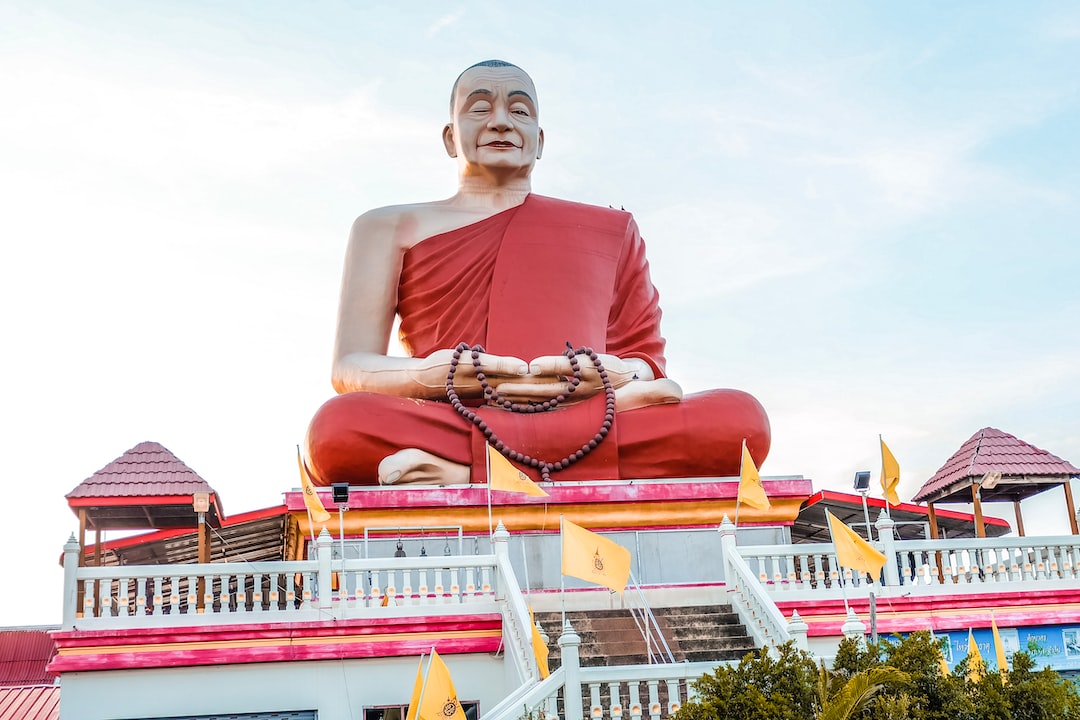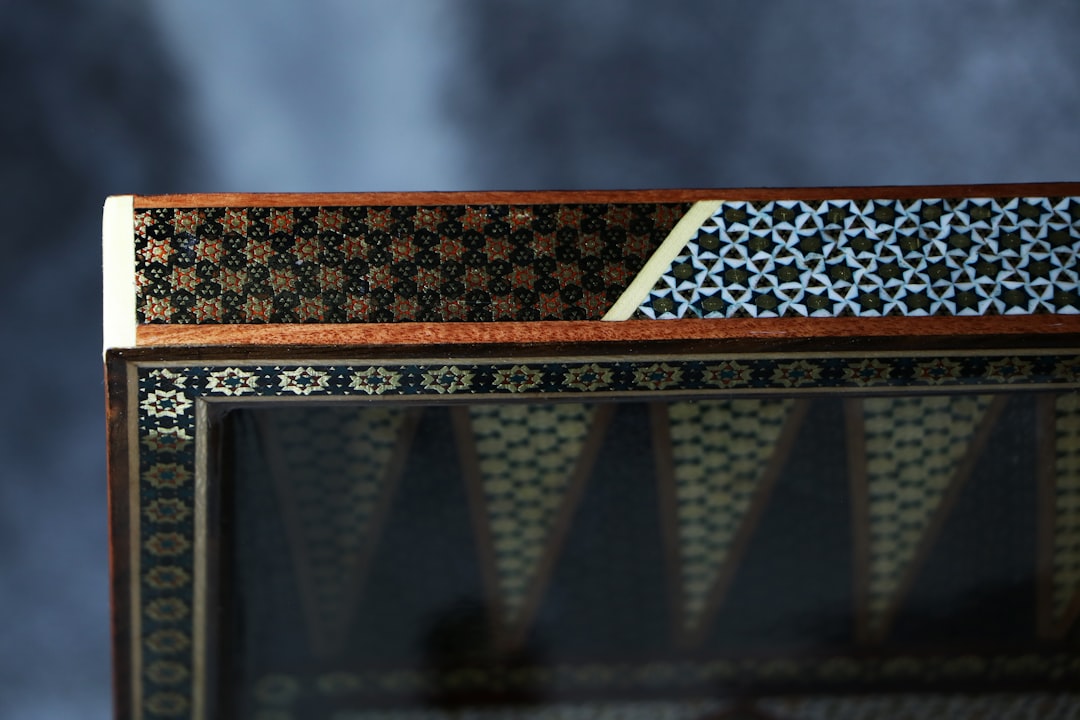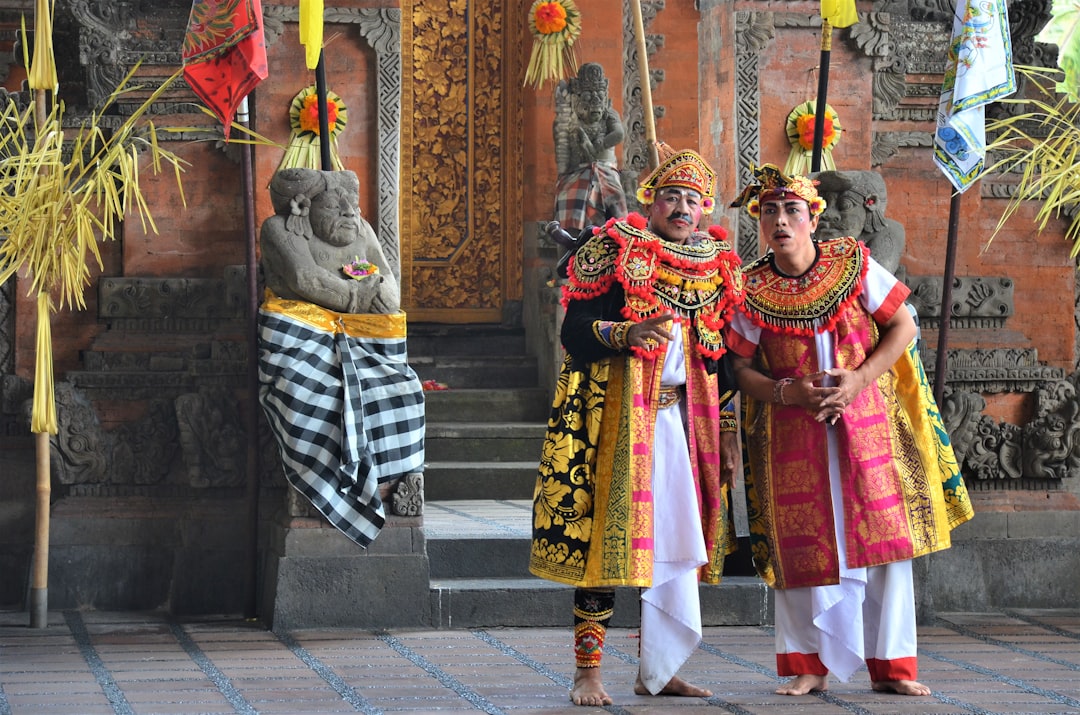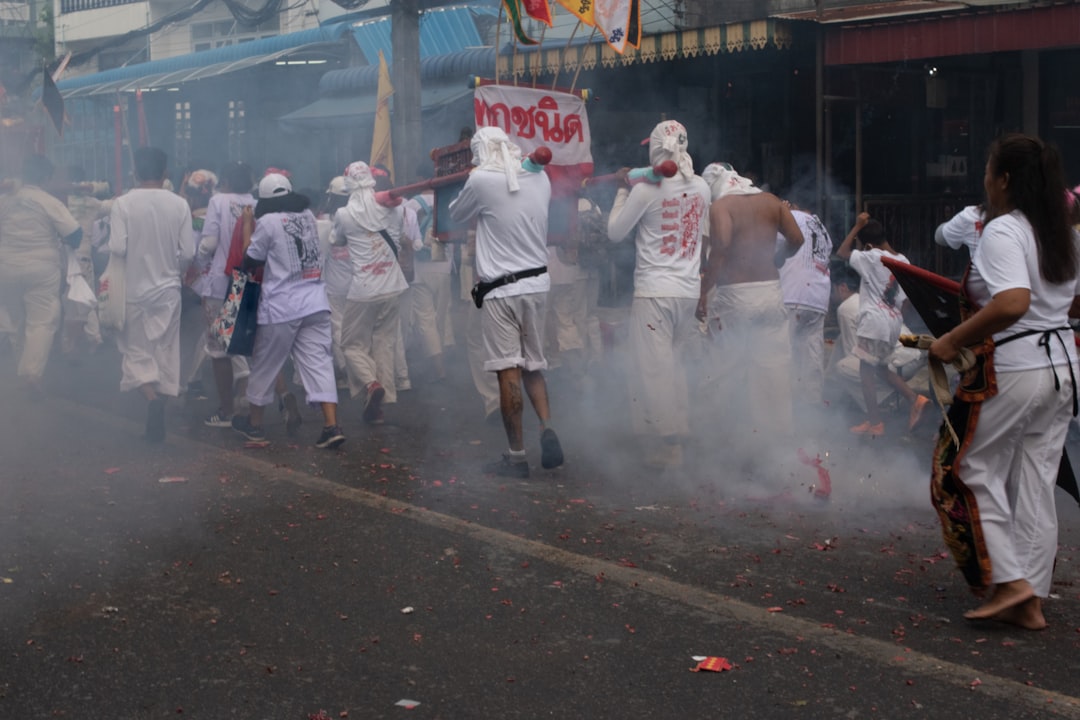In today’s modern society, tradition is often seen as outdated and old-fashioned. With advances in technology and globalization, the allure of traditional culture can easily be overshadowed. However, it is vital to remember that tradition is the cornerstone of our identity and serves as a bridge between the past and the future.
One of the most remarkable aspects of traditional culture is its ability to transcend time. For centuries, customs, beliefs, and practices have been passed down through generations, connecting us to our ancestors and their wisdom. Whether it is through storytelling, rituals, or festivals, tradition serves as a powerful reminder of our roots and heritage.
Traditional culture is a treasure trove of captivating art forms that have withstood the test of time. From intricate handicrafts to mesmerizing dances, each art form tells a unique story and reflects the values and aspirations of a particular community. These art forms not only showcase the creativity and skill of the artists but also provide us with a glimpse into the cultural and historical context in which they originated.
One such example is traditional handicrafts. These exquisite creations, be it pottery, weaving, or embroidery, embody the cultural essence of a community. They often require intricate techniques that have been passed down from one generation to another. Through the careful craftsmanship and attention to detail, traditional handicrafts carry within them the stories of generations past, reminding us of their significance and the meaning they hold.
In addition to their aesthetic appeal, traditional art forms also play a crucial role in fostering a sense of community and belonging. Music, dance, and theater have long been used as mediums for communal expression, allowing individuals to come together and celebrate their shared history and values. These art forms not only entertain but also have the power to educate, inspire, and ignite a sense of pride in one’s cultural heritage.
Preserving traditional culture is not just a matter of nostalgia; it is an imperative for the preservation of our collective identity. In an increasingly globalized world, the uniqueness and diversity of traditional cultures are at risk of being diluted or lost altogether. Therefore, it is crucial that we actively engage in the preservation and promotion of our traditional heritage.
Education plays a fundamental role in fostering an appreciation for tradition. By integrating traditional culture into school curricula and organizing cultural events, we can ensure that young generations are exposed to the richness and significance of their cultural heritage. Additionally, supporting local artisans and traditional craftsmen helps preserve their skills and ensure the continuity of traditional art forms.
Furthermore, it is important to actively participate in traditional festivals and celebrations. These events not only provide an opportunity for the community to gather and celebrate but also serve as platforms for cultural exchange and dialogue. By attending traditional festivals, we can gain a deeper understanding and appreciation for the values, beliefs, and practices that have shaped and continue to shape our communities.





